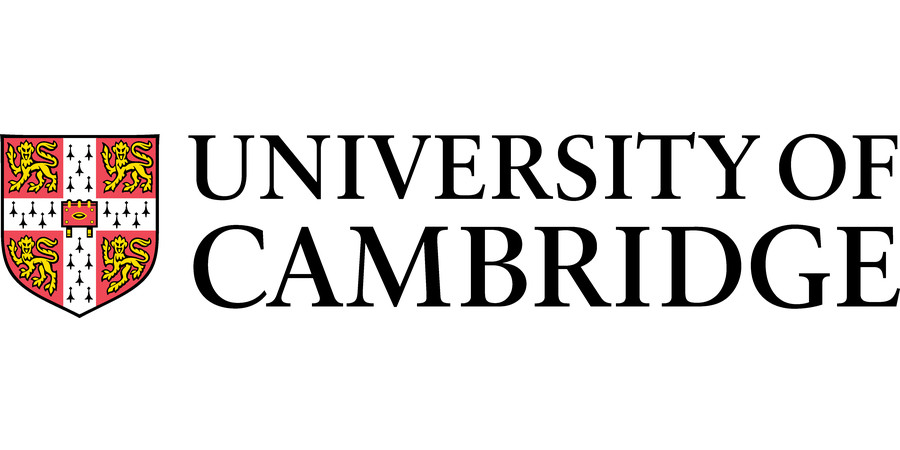Assistant/Associate Professorship in Data-Driven Radio Astronomy/Cosmology
University of Cambridge - Department of Physics
| Location: | Cambridge |
|---|---|
| Salary: | £62,098 to £65,814 |
| Hours: | Full Time |
| Contract Type: | Permanent |
| Placed On: | 15th January 2025 |
|---|---|
| Closes: | 15th April 2025 |
| Job Ref: | KA44612 |
Modern radio astronomy/cosmology, powered by advances in big data analysis, is at the forefront of studies to unlock the answers to some of the most fundamental physics questions in our time. We are looking for a talented early career scientist to promote and develop ambitious programmes aimed at investigating the universe via radio observations. The successful candidate will be expected to lead the development of advanced data analysis for radio astronomy/cosmology (e.g. statistical analysis, machine learning, etc), in collaboration with observational/experimental activities in Cambridge. In particular, the global astrophysics community is eagerly awaiting the start of scientific observations of the Square Kilometre Array Observatory (Explore | SKAO), commonly known as SKA, the largest and most powerful radio telescope ever to exist, currently under construction. The role holder will have the opportunity to take a leading role in our existing SKA activities and grants (eg SKA development grants). Furthermore, we expect the successful candidate to be well-placed to lead development efforts for SKA Phase II, expected to start within the coming years.
The role holder will be a world-class researcher in one of the following areas (corresponding to Science Working Groups for the SKA project - Science Working Groups | SKAO): Cosmology, Epoch-Of-Reionization, Gravitational Waves, Pulsars, Transients.
The role holder will be based in the Department of Physics in the Astrophysics Group, located in the Battcock Centre for Experimental Astrophysics and the Kavli Institute for Cosmology in Cambridge.
Data-driven science and radio astronomy/cosmology with the SKA, are areas of very active research in Cambridge, with scientists leading several ongoing projects and the development of new facilities that are expected to be ground-breaking in this research field (see e.g. Cavendish Astrophysics ).
Applicants should have a PhD in physics (or a related discipline), a strong record of relevant research, and must show evidence of enthusiasm and ability to teach a wide range of Physics courses successfully at both undergraduate and master's level.
Appointment will be based on merit alone. As a signatory of DORA (Home | DORA) the University is committed to assessing research on its own merits rather than on the basis of the journal in which it is published.
Please ensure that in the Upload section of the online application you provide:
Curriculum Vitae (CV); A full list of publications - please highlight up to 5 papers where you have made the most significant personal contributions, with up to 4 lines of text for each such paper; A research proposal no longer than 3 pages, including half a page description of how your research plans might fit with existing activities at the Department of Physics and the wider University; A one-page statement on your approach to teaching and how you believe you can contribute to the Department's teaching programme at undergraduate and graduate level; The contact details of three referees - please make your referees aware they will be contacted shortly after the closing date.
Shortlisted applicants will be informed at the end of April 2024. They will be invited to visit Cambridge in May/June 2025 for a departmental visit, informal discussions with faculty, give a presentation, and attend the formal interview.
The position is available from 1st September 2025. There is some flexibility on the start date, which can be negotiated at the appointment stage.
The University actively supports equality, diversity and inclusion and encourages applications from all sections of society.
Advert information
Type / Role:
Subject Area(s):
Location(s):









